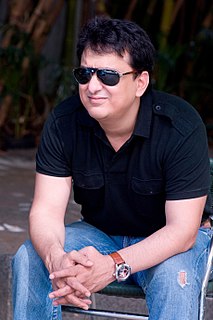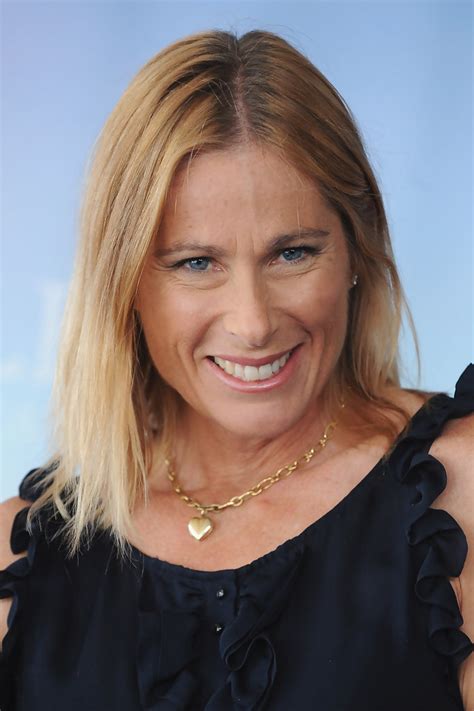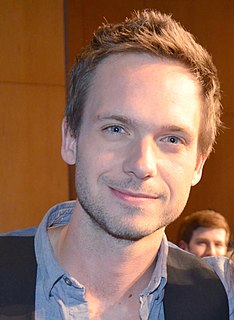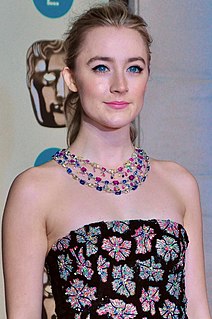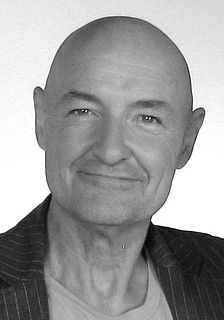A Quote by Jean-Pierre Leaud
I always felt that with an Antoine Doinel film, Truffaut was taking a vacation, that Francois could relax when making a Doinel film. All of the language came to him very easily. 'The 400 Blows,' I felt, was a collage of all his childhood experiences. Every time he felt an Antoine Doinel film was necessary, he'd make one.
Related Quotes
I left film because I felt that photography was my art. It was something I could do on my own, whereas film was so collaborative. I thought as a photographer I could make something that was artistic and that was mine, and I liked that. And it wasn't until I got back into film and I have very small crews and I could do very tiny filmmaking that wasn't 100 people that I still felt that I was making something artistic as a filmmaker. So, you know, I'm an artist, and whether it's photography or film, I want my voice to be there and I think my voice is very strong in this film.
I was shooting all this time. And there was only one guy who helped to pull him. And I had to think whether I was going to keep shooting or help the guy. And so I kept shooting and then they put him in this little clinic, and I photographed through the window while they had to amputate his leg. And I felt very strange because I didn't - I felt I could have helped, but I didn't help. But then I also felt elated that I was getting a shot that would be important to the film.
After I read the story of 'Dangal' and before the film released, I called director Nitish Tiwari asking him if he had any good script. He told me to wait for some time. So we had three-four sittings, and this film, 'Chhichhore,' came to him. The film did not have superstars, but I felt that this is the script that needs to be told.
I wanted to make a film that wasn't just a biography. When you watched it, you actually felt that you watched a movie, that you had an emotional reaction. In order to do that, I felt that I had to really keep myself emotionally raw while working on the film. I had to feel myself crying, so the audience could be moved, too.
Animation, for me, is a wonderful art form. I never understood why the studios wanted to stop making animation. Maybe they felt that the audiences around the world only wanted to watch computer animation. I didn't understand that, because I don't think ever in the history of cinema did the medium of a film make that film entertaining or not. What I've always felt is, what audiences like to watch are really good movies.
The core plot of 'Mercury' is so gripping that when I thought of making it as a silent film, it only made it more interesting. Once I finished writing the first draft, making a silent film that's both thrilling and engaging seemed possible. When the film team read the final script, they felt the same.




